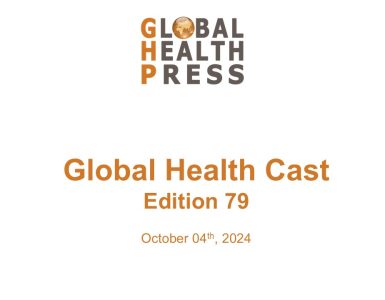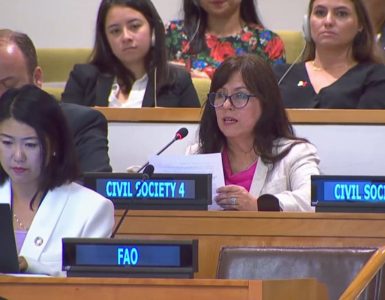UW Medicine will lead one of the seven new centers in a network funded by the National Institute of Allergy and Infectious Diseases (NIAID) to prepare against a variety of dangerous pathogens. NIAID is part of the National Institutes of Health. The center will receive $13.6 million a year for three years.
The network’s goal is to develop vaccines and antibodies in advance of the possible emergence of infectious diseases that could cause public health crises in the United States and the rest of the world.
The network will seek to develop prevention or treatment approaches that will work against many different groups viruses that are transmissible to humans, including pathogens with the potential to cause deadly diseases. The idea is that strategies will be in place to develop safe, effective countermeasures before the need becomes critical.
For its part in the network, the UW Medicine-led center will concentrate on machine learning-enabled design of vaccines and antibodies representing viruses from several families of high pandemic potential. Vaccine and antibody design approaches that work for these prototype pathogens may be generalizable to other members of each family.
The center’s principal investigator and project leader is Neil King, associate professor of biochemistry at the University of Washington School of Medicine. His lab is noted for applying computational approaches to the creation of functional protein nanomaterials at the UW Medicine Institute for Protein Design in Seattle, where many of the world’s leading artificial intelligence technologies for this type of research have been developed.
“We’re at the forefront of a revolution in vaccine science thanks to AI,” said King, whose research spans next-generation vaccine development and targeted drug delivery. Notably, King and his colleagues succeeded in creating the world’s first computationally designed protein medicine, the COVID-19 vaccine SKYCovione.
“We’ve now proposed a center focused on paramyxoviruses and bunyaviruses,” King said. “We selected these viruses because they present specific vaccine design challenges that, if solved, will facilitate the development of vaccines against related viruses.”
The paramyxoviruses are the same family of viruses that measles and mumps came from. Recently new dangerous infectious illnesses – Hendra and Nipah – have emerged from the paramyxoviruses. The bunyaviruses also have had emergence of deadly pathogens such as the hantavirus associated with lung swelling and breathing failure, as well as viruses that cause infections leading to bleeding and circulatory shock.
The prototype pathogens from these two virus families that will be targeted at UW Medicine will be Lassa virus, Rift Valley fever virus and Hendra virus, all of which have spread from animals to people.
This award has multiple principal investigators; the others are David Veesler, a professor of biochemistry recognized for studies of how viruses enter cells and how antibodies can block these invasions; and immunologist Lynda Stuart, a physician-scientist and executive director of the Institute for Protein Design. One of her areas of expertise is transforming laboratory discoveries into solutions for global health challenges.
“Viruses demand proactive solutions, not just reactive responses,” said Veesler. “By developing new insights, vaccines and treatments against specific pathogens, the world will be better prepared to face related viral threats should they ever emerge.”
The AI-based design methods developed and used by the center will be made freely available to researchers worldwide to leverage against other important pathogens.
“Our commitment to responsible AI development includes a belief that innovation should benefit everyone,” said Stuart. “By leveraging partnerships with local and national institutions like the Fred Hutch Cancer Center, we aim to develop tools, antibodies and vaccines that have far-reaching implications for global health security.”
The project areas and core research services of the center and the researchers overseeing them are:
- Computational methods for protein design and engineering: David Baker, professor of biochemistry and director, UW Medicine Institute of Protein Design
- Viral evolution and its effects on vaccine design and efficacy: Jesse Bloom, investigator, Fred Hutch Cancer Center
- Vaccine production and process development: Stuart
- Animal models for vaccine evaluation: Thomas W. Geisbert, professor of immunology and microbiology, University of Texas Medical Branch
- Data management: Luki Goldschmidt, senior manager of computing, UW Medicine Institute for Protein Design
- Viral entry, antibodies, and structural biology: Veesler
- Protein nanoparticle vaccine and antigen design: King
- mRNA and mRNA-launched nanoparticle vaccines: Stuart
The new national Research and Development of Vaccines and Monoclonal Antibodies for Pandemic Preparedness, or ReVAMPP network, is expected to receive about $100 million in annual support from NIAID, pending availability of funds.
Souce: UW Medicine

















